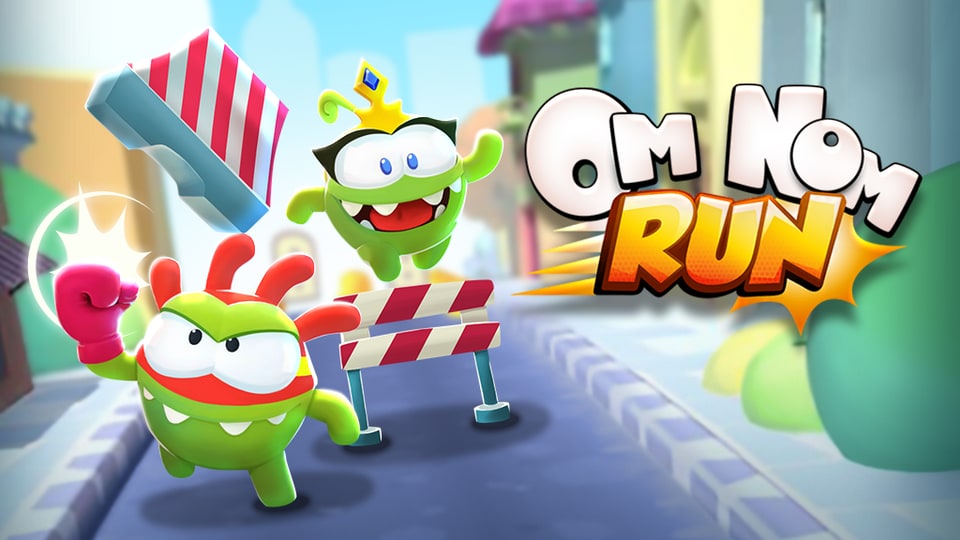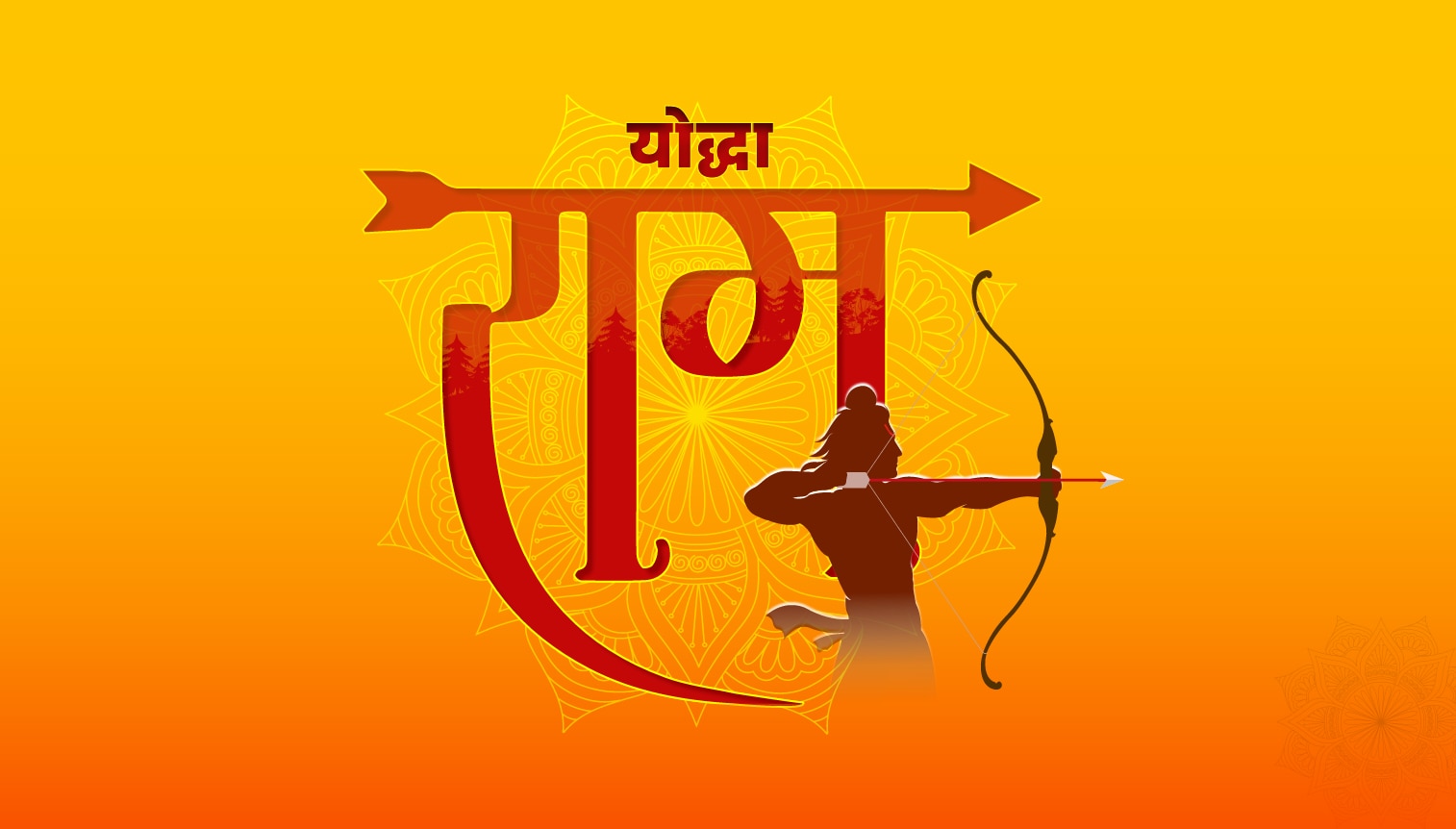Gaming's economic landscape: Microtransactions and DLCs altering the sector
Explore how microtransactions and downloadable content (DLCs) have revolutionized the gaming industry. Discover how these revenue strategies have influenced game development, marketing, and player experiences.

In recent years, the gaming industry has transformed greatly, thanks to increasing microtransactions and downloadable content (DLCs). These revenue generation strategies have influenced game development, marketing and consumption forever changing the game environment.
Microtransactions: The new normal
Microtransactions, which are small payments for goods or currencies used inside games, have become a defining feature of contemporary games. They are meant to provide players with ease, customizability and competitiveness. Unfortunately, this means that:
1. Exploitation in the name of profit: Some aggressive micro transaction models can lead to the grounding for predatory behaviour, preying on some players’ psychological vulnerabilities.
2. Pay to play: When it comes to micro transactions, those who spend more usually come out on top.
3. Game designing effect: It influences actual game creation as it blatantly prioritizes profit making at the expense of player experience.
DLCs: Making the gaming experience more exciting
The game manufacturers have developed DLCs for their game products aiming to offer players new experiences in terms of storylines, characters and game-play options. They also do the following:
1. Provide freshness: Did you know that DLC can revitalize some old titles?
2. Provide additional revenue streams: For creators, it allows them to make money from their previous title.
3. Enhance player choice: Customization has improved due to the introduction of various additional contents through DLCs.
Transition in business models
The use of microtransactions and downloadable content has led to new methods of doing business:
1. Game-as-a-service: Games have come to be viewed as ongoing services with regular updates and monetization
2. Free-to-play: Games are freely accessed through revenue is earned by having players buy upgrades.
3. Season pass: Users pay for all related downloadable extensions.
The transformation of gaming Industry
The transition to microtransactions and downloadable content has:
* Resulted in more revenues: Software can earn considerable money after initial sale.
* Altered player outlooks: Gamers anticipate regular support and fresh content constantly.
* Raised worries about taking advantage of people: The whole industry should take charge of concerns about extracting money from them rather than letting them earn from their hobbies.
In a nutshell, microtransactions and downloadable content have altered the gaming sector, creating fresh chances but also unique tests. As the gaming industry keeps changing, it’s vital to strike a balance between money making and player goings-on that maintain games entertaining as well as rewarding for everyone involved.




